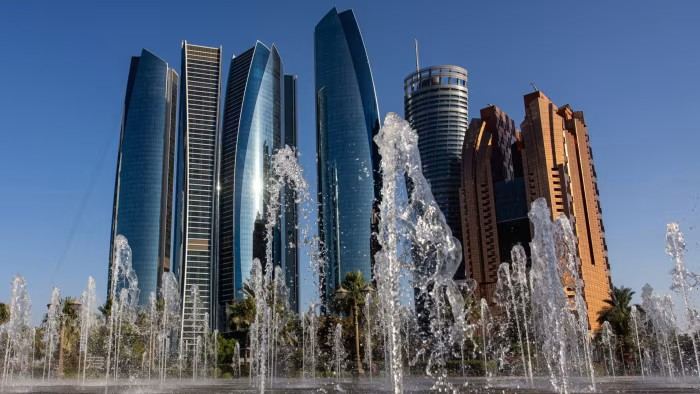
The United Arab Emirates (UAE) plans to use AI to draft new laws and review and amend existing ones, something AI experts say is unprecedented in any country. Countries around the world are using AI to drive greater efficiency in the public sector.
UAE media quoted Vice President Sheikh Mohammad bin Rashid Al Maktoum as saying that “the new legal system, with the support of AI, will change the way we make laws, making the process faster and more accurate.”
Last week, UAE ministers agreed to create a new cabinet unit – the Office of Legal Intelligence – to oversee AI-powered legislative efforts.
Rony Medaglia, a professor at Copenhagen Business School, described the UAE's plan to use AI in legislation as "very bold".
The Gulf state is betting big on AI. It plans to create a massive database of federal and local laws, along with public sector data such as court rulings and public services, to track the impact of laws on citizens and the economy.
According to Vice President Sheikh Mohammad, AI will “regularly suggest updates to regulations.” The government expects AI to increase the speed of law-making by 70%.
Still, the researchers note that the effort will face many challenges, from bias introduced in the training data to how AI interprets rules.
Oxford University researcher Vincent Straub warns that while AI models are impressive, they still have problems with reliability and sustainability. “We can’t trust them,” he says.
One of the UAE’s plans is to use AI to predict necessary legal changes. Additionally, AI can save money, as governments often pay law firms to review regulations.
It’s unclear which AI system the UAE government will use to help draft laws. Experts say it could be a combination of models. But drawing boundaries and human oversight will be important.
AI can suggest something incredibly bizarre that makes sense to machines but is meaningless in human life, says Marina De Vos, a computer scientist at the University of Bath.
(According to FT)

Source: https://vietnamnet.vn/quoc-gia-dau-tien-muon-dung-ai-soan-luat-2394131.html


![[Photo] National Assembly Chairman Tran Thanh Man chairs the meeting of the Subcommittee on Documents of the First National Assembly Party Congress](https://vphoto.vietnam.vn/thumb/1200x675/vietnam/resource/IMAGE/2025/5/8/72b19a73d94a4affab411fd8c87f4f8d)
![[Photo] General Secretary concludes visit to Azerbaijan, departs for visit to Russian Federation](https://vphoto.vietnam.vn/thumb/1200x675/vietnam/resource/IMAGE/2025/5/8/7a135ad280314b66917ad278ce0e26fa)
![[Photo] President Luong Cuong presents the decision to appoint Deputy Head of the Office of the President](https://vphoto.vietnam.vn/thumb/1200x675/vietnam/resource/IMAGE/2025/5/8/501f8ee192f3476ab9f7579c57b423ad)

![[Photo] General Secretary To Lam begins official visit to Russia and attends the 80th Anniversary of Victory over Fascism](https://vphoto.vietnam.vn/thumb/1200x675/vietnam/resource/IMAGE/2025/5/8/5d2566d7f67d4a1e9b88bc677831ec9d)
![[Photo] Prime Minister Pham Minh Chinh meets with the Policy Advisory Council on Private Economic Development](https://vphoto.vietnam.vn/thumb/1200x675/vietnam/resource/IMAGE/2025/5/8/387da60b85cc489ab2aed8442fc3b14a)

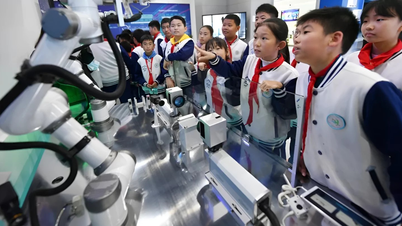


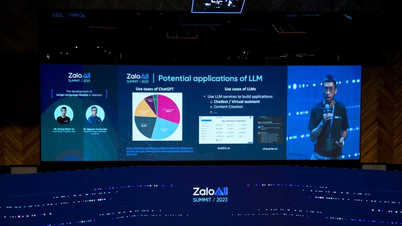
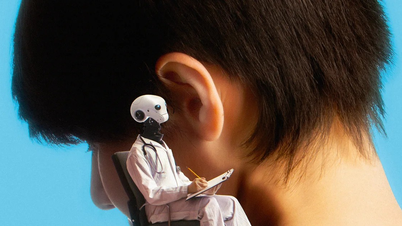




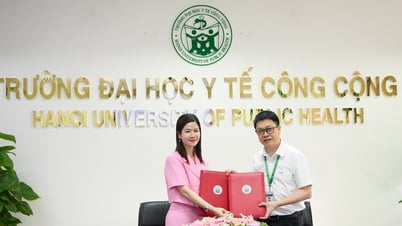

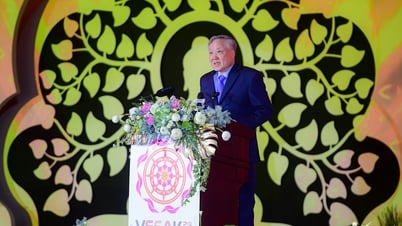




































![[Photo] Prime Minister Pham Minh Chinh talks on the phone with Singaporean Prime Minister Lawrence Wong](https://vphoto.vietnam.vn/thumb/402x226/vietnam/resource/IMAGE/2025/5/8/e2eab082d9bc4fc4a360b28fa0ab94de)











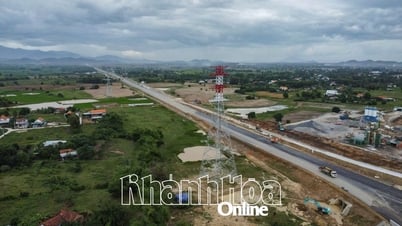
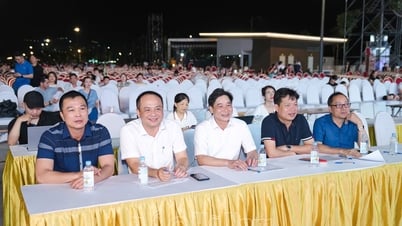



















Comment (0)